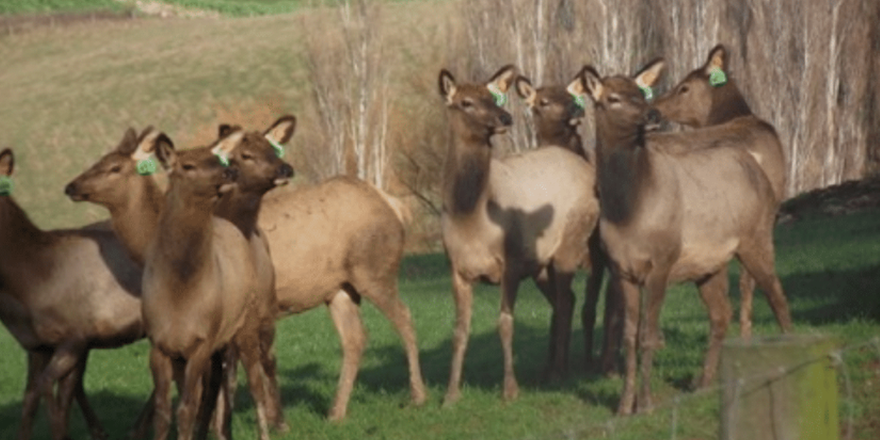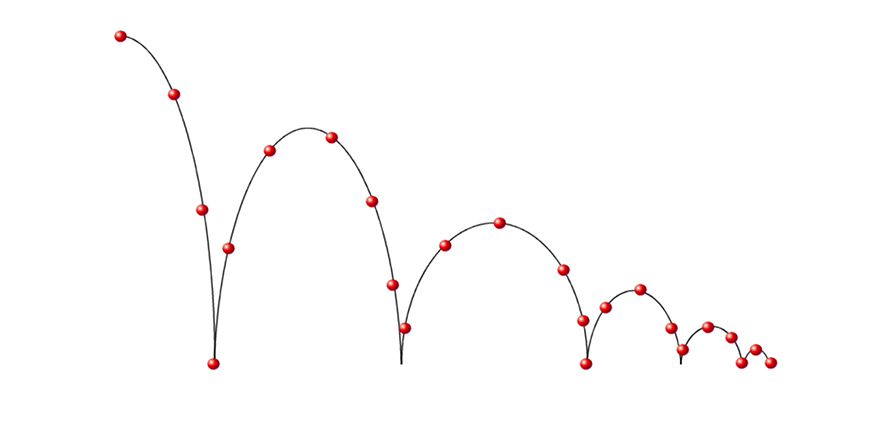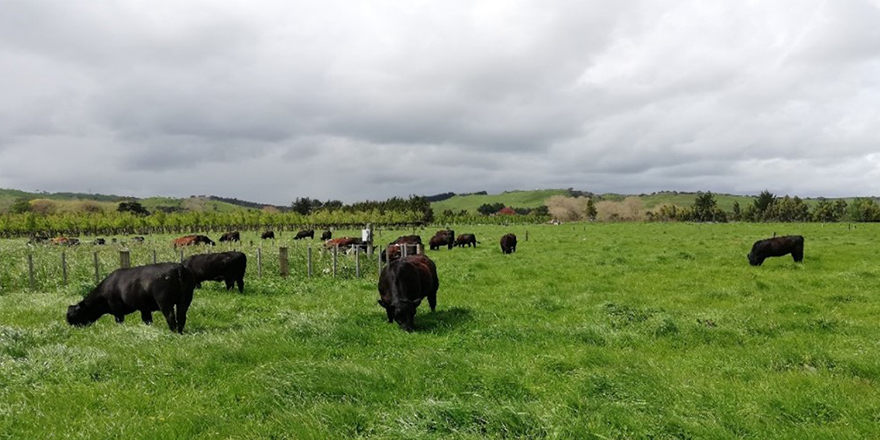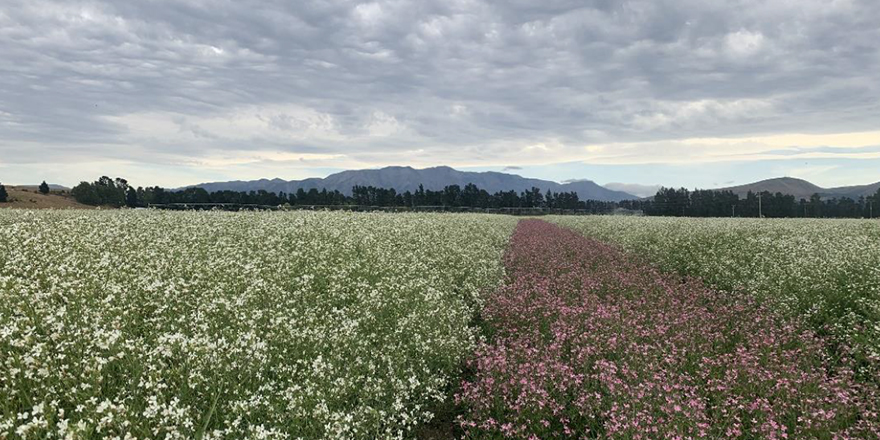
Executive Summary
Deer Industry New Zealand is currently involved in a Primary Growth Partnership and levy payer funded project called Passion to Profit (P2P). The overall aims are to improve market returns and on-farm productivity for deer farms. One of the contributing projects to P2P is the definition and recording of Key Performance Indicators (KPIs) and industry benchmarks.
Data recording and benchmarking is important for business growth and a feature of higher performing farms. Benchmarking requires real-time management of data within an electronic database. Use of electronic data storage can be considered a “new technology” on farms which have traditionally kept pen and paper records. Adoption of new technologies follows a well described pattern amongst populations.
This study aimed to determine the attitudes of farmers towards data recording and benchmarking and the system requirements to encourage uptake of digital data recording technology.
The study design was an online survey of seventy eight farmers using SurveyMonkey. Of these seventy five responses provided useful data. Questions related to demographic information, current practices, attitudes towards data recording and benchmarking and requirements and impediments to the use of digital data recording systems.
Deer Farmers have a high level of interest in setting targets, recording production and benchmarking. They consider previous performance on their own properties and on farms similar to themselves as the most important factors for determining what their targets are.
Respondents considered that it is not adequate to solely focus on own performance and that comparison with other farms within the same year is also necessary to help them set realistic targets and identify potential areas for improvement.
The level of uptake of digital recording of production is low and manual records using paper and diaries are the most common method. Data are more likely to be formally recorded when there is a mandatory requirement to do so. For example financial accounts for tax return purposes.
There are a wide range of reasons for limited uptake of digital production data recording and benchmarking. These reasons vary between farmers. Relative satisfaction with current systems probably provides inertia for change along with the perception that current systems on offer will not provide a significant level of advantage, are too complicated to use or have other limitations.
The most important factors for achieving a high level of uptake are a simple system that is easy to use with good support. It needs to be reasonably priced, integrate well with other systems and give immediate feedback on the situation on the farm by comparing year on year and generating graphs and printable reports. The system should be accessible to all farmers and thus allow for offline use in situations of poor internet connectivity.
A wide range of privately managed digital recording and management options exist. These are not well integrated with each other, except perhaps for FarmIQ and data is not directly comparable or accessible between the systems. There is a relatively small number of deer farms in New Zealand so a high level of participation in a single platform will be required for adequate benchmarking. The deer industry should investigate whether a nationally managed collectively owned database is appropriate similar to those provided by Beef and Lamb NZ and Dairy NZ.
Download and read the full report here




